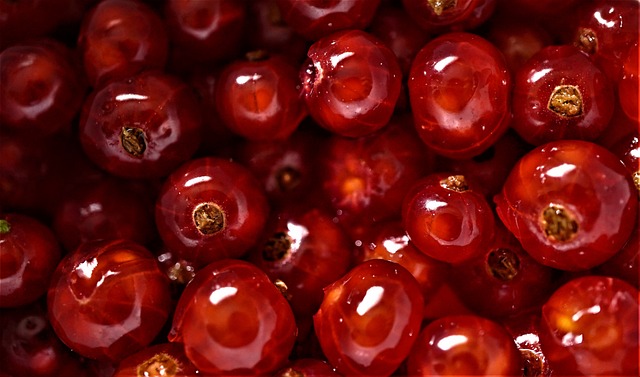10 Foods Rich in Probiotics That You Should Include in Your Diet Now!
Probiotics are live microorganisms, usually bacteria or yeast, that are good for your health, especially your digestive system. They are often called “good” or “friendly” bacteria because they help keep your gut healthy. The benefits of probiotics are numerous and include helping to maintain the balance of bacteria in your gut, improving your immune system function, and aiding in the digestion of food.
If you are looking to include more probiotics in your diet, here are 10 foods that are rich in these helpful microorganisms:
-
Yogurt
Yogurt is probably one of the most well-known sources of probiotics. It is made by fermenting milk with friendly bacteria, such as Streptococcus thermophilus and Lactobacillus acidophilus. When you eat yogurt, these live cultures make their way to your gut and help to populate it with good bacteria. When selecting yogurt, look for brands that contain active or live cultures, and avoid those with added sugars.
-
Kefir
Kefir is similar to yogurt in that it is made by fermenting milk, but it contains a different set of probiotics. Kefir is fermented with kefir grains, which are small clusters made up of yeasts and bacteria. The yeasts and bacteria in kefir are different from those in yogurt, and kefir also contains a wider range of probiotic strains. Like yogurt, kefir is widely available in most grocery stores.
-
Sauerkraut
Sauerkraut is a traditional German dish made by fermenting cabbage. The fermentation process creates lactobacillus bacteria, which are a type of probiotic. Sauerkraut is also rich in fiber, vitamins, and minerals, making it a healthy addition to any diet. You can find sauerkraut in most grocery stores, but make sure to look for unpasteurized varieties, as they will contain live cultures.
-
Kimchi
Kimchi is a spicy Korean side dish made by fermenting vegetables, usually napa cabbage or radish. The fermentation process creates lactobacillus bacteria, which are a type of probiotic. Kimchi is also rich in vitamins and antioxidants, and has been linked to a number of health benefits, including improved digestion and immune function. If you are new to kimchi, start with a small amount, as it can be quite spicy.
-
Miso
Miso is a traditional Japanese seasoning made by fermenting soybeans with koji, a type of fungus. The fermentation process creates lactobacillus bacteria, which are a type of probiotic. Miso is also rich in protein, vitamins, and minerals, and has a distinct savory flavor. It is commonly used in soups, marinades, and sauces.
-
Kombucha
Kombucha is a fermented tea beverage that is becoming increasingly popular. It is made by fermenting sweetened tea with a culture of bacteria and yeast, which creates live cultures of probiotics. Kombucha also contains a small amount of alcohol due to the fermentation process, so it is not recommended for children or pregnant women. You can find kombucha in most grocery stores, and it is also easy to make at home.
-
Pickles
Pickles are cucumbers that have been preserved in vinegar, salt, and water. While not all pickles contain live cultures, those that are made through the process of fermentation will contain lactobacillus bacteria, which are a type of probiotic. Look for pickles that are made with natural ingredients and avoid those that are high in sodium.
-
Tempeh
Tempeh is a traditional Indonesian food made from fermented soybeans. The fermentation process creates lactobacillus bacteria, which are a type of probiotic. Tempeh is also rich in protein, fiber, and vitamins, making it a nutritious addition to any diet. It has







